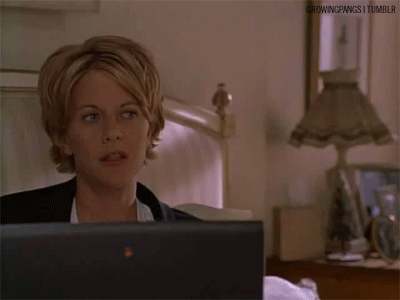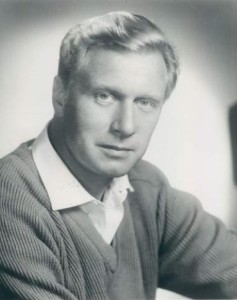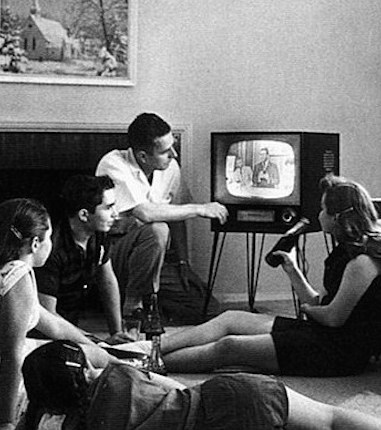 A dear friend of mine was struggling to choose when to begin her novel. Not when to begin writing, but when, in the timeline of her protagonist’s struggle, her story should begin.
A dear friend of mine was struggling to choose when to begin her novel. Not when to begin writing, but when, in the timeline of her protagonist’s struggle, her story should begin.
One method we discussed was outlined in Syd Field’s book, Screenplay, The Foundations of Screen Writing. If the chronological timeline of a story are points along a line, numbered 1 through 10, we can begin with a glimpse of number 9 (the denouement), and then return to number 1 and write the rest in order. In All Is Lost we first see Robert Redford drifting in despair without his sailboat, then we are taken back and shown everything preceding it. The result? We know what’s coming before the protagonist does, but neither of us knows if by number 10 he will sink or swim, so we stick around to find out.
In a book I recently picked up, Wired For Story, the author Lisa Cron discusses the importance of starting your novel or script for the greatest neurological impact. Humans (readers) are hard-wired to hear/need stories. When tales begin, we want to be drawn in to know whose story it is, what’s happening, and what’s a stake. In Albert Camus’, The Stranger, this is accomplished with just three words. “Mother died today.” The child will be somehow affected by a death. I want to read on.
And that, my fellow writers, is the goal that ultimately my friend and I agreed upon. We strive to begin our books so it increases our readers’ curiosity to such a pitch they must keep reading.
There are countless articles that share countless ways on when and how to begin, (this one from Writer’s Digest illustrates 10 Ways to Begin). When or where have you decided to begin?













